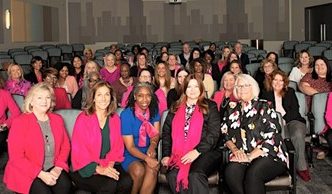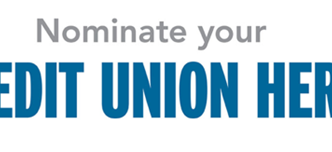Inclusiv announced the launch of Bridging the Gaps: Promoting Financial Inclusion in Rural Communities, a new financial empowerment initiative made possible in partnership with Capital One. The program aims to expand financial inclusion and empowerment in rural, underserved areas of the Southeastern United States, by providing capacity-building assistance to community development credit unions (CDCUs) embedded in these rural, economically challenged communities.

Based on their deep commitment to underserved communities, five rural credit unions were selected to participate, including Demopolis Federal Credit Union (Demopolis, AL), FOGCE Federal Credit Union (Eutaw, AL), and Phenix Pride Federal Credit Union (Phenix City, AL), which received a $10,000 grant. Each credit union is a low-income, minority-designated institution that serves the rural, mostly African-American population in their region.
Currently in its pilot stage, the initiative awards grants alongside training and technical assistance to hyper-local CDCUs that provide asset-building financial products and services to individuals, families, and small businesses residing primarily in rural, persistent poverty communities in Alabama, Mississippi and Louisiana. The initiative aims to expand the reach and impact of these hyper-local CDCUs through marketing and financial education support and to build their institutional capacity to meet the financial service needs of the rural communities they serve.
“What this grant means for us is the possibility of hiring a business development person to help us reach out to people we haven’t reached yet with our service,” said Kimberly Nichols, CEO of Phenix Pride Federal Credit Union. “We are giving people a choice when in the past they may have used predatory lenders. It’s important to us to let people know we’re here to serve them.”
From its inception in 1974, Inclusiv has a long legacy of promoting financial inclusion in the Southeast together with its member credit unions, state leagues, and fellow nonprofit partners. Collectively, the Inclusiv network has 90 institutions in the 16 states that comprise the southeastern U.S. Together, they serve 4.6 million low- and moderate-income individuals. CDCUs are often the first and only financial institutions in these low-income communities that provide safe, reliable and affordable financial products and services.





